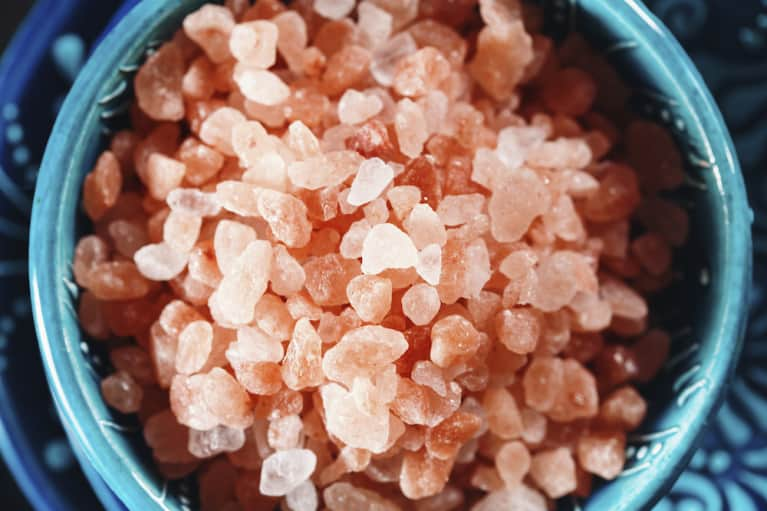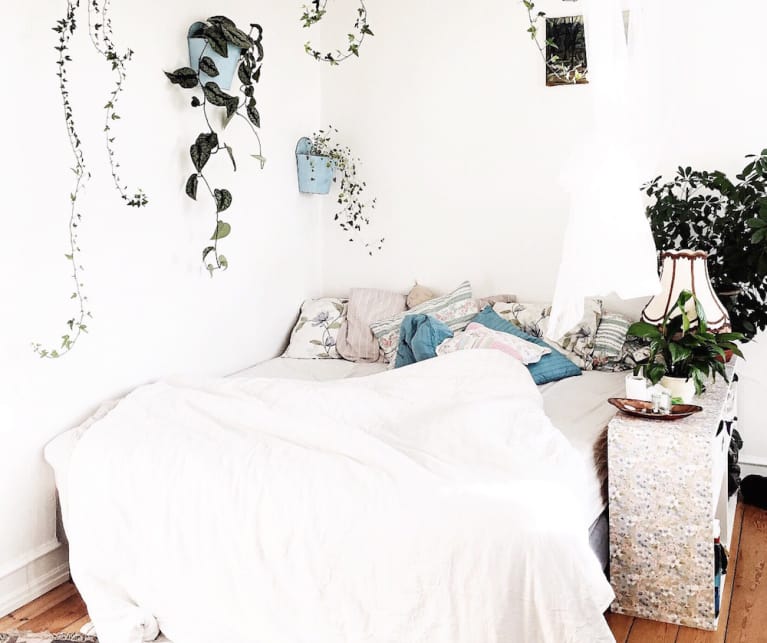Welcome to Rebel Health, my quick and casual attempt at a video blog. Nothing scripted or rehearsed–it’s just me dishing, teaching and speculating on various health topics.

If we were living on the African Savannah 50,000 years ago, or even just backpacking in the wilderness, the system would work fine. Instead we live in modern homes with electricity. At 9 pm, when we’re supposed to be getting sleepy, light from screens, lamps and even ambient light pollution enters our eyes, telling the brain: “good morning, it’s 7 am!” (even though it’s 9 pm). Our brains get confused, thinking the sun just rose, and release hormones that make us feel wide awake. Then we lie in bed, thoughts racing, wondering why we can’t sleep.
How do we use this insight to improve our sleep? We get strategic about light. Here’s how:




